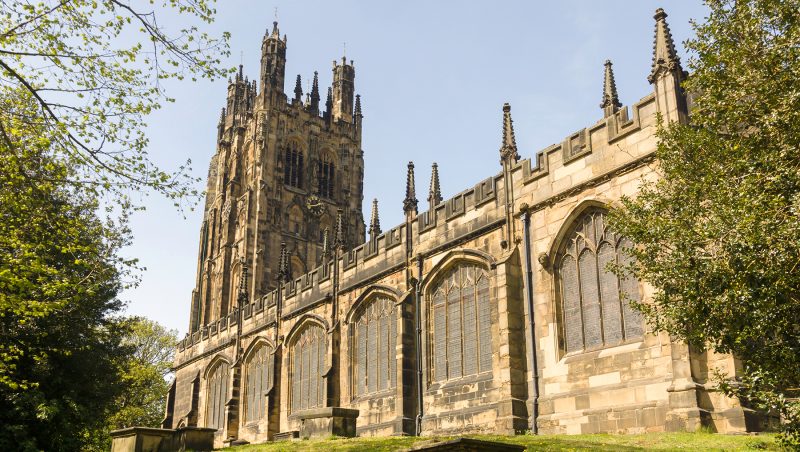The competition to receive civic honours was last run ten years ago to mark the Queen’s Diamond Jubilee, and this year for the first time ever the competition for city status was open to applications from the Crown Dependencies and Overseas Territories, with the Falklands’ Stanley and Douglas of the Isle of Man among the winners.
The eight new cities are: Bangor, Colchester, Doncaster, Douglas (Isle of Man), Dunfermline, Milton Keynes, Stanley (Falkland Islands) and Wrexham.
The Platinum Jubilee Civic Honours Competition required applicants to demonstrate how their unique communities and distinct local identity meant they deserved to be awarded city status. They were also required to highlight their royal associations and cultural heritage.
The competition for city status has taken place in each of the last three jubilee years, with previous winners including Chelmsford, Lisburn and Newport.
The Lord Mayoralty status conferred on Southampton entitles its Mayor to be known as the Lord Mayor. This award has been granted to three cities as part of previous Jubilee Civic Honours competitions: Chester (1992), Key City Exeter (2002) and Armagh (2012).
Winning city status can provide a boost to local communities and open up new opportunities for people who live there, as is the case with previous winners Perth and Key City Preston, where residents have described how their success contributed to increased national and global standing, putting them on the international map as a place to do business.
Research shows that Perth, which was granted city status in 2012 as part of the Queen’s Diamond Jubilee, has reaped the full benefits, with the local economy expanding by 12% in the decade it was granted city status.
Picture: St Giles Parish Church in Wrexham, one of the finest examples of ecclesiastical architecture in Britain and regarded as one of the Seven Wonders of Wales.



